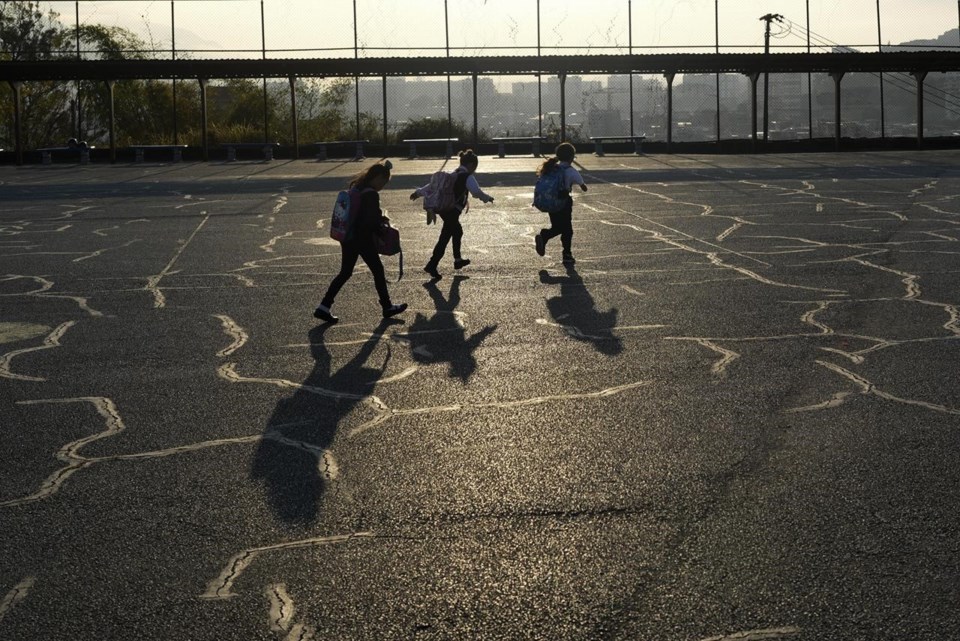MEXICO CITY (AP) — The food assistance agency of the United Nations announced Wednesday that it is expanding operations in Venezuela by providing hot meals to 16,000 children and adults in more than 100 schools.
The U.N. World Food Program, which began delivering food to needy Venezuelans in 2021, will offer the hot meals as a pilot program in public schools whose cafeterias have been equipped and upgraded. The schools are in the northwestern state of Falcón, where economic activity is heavily dependent on government-owned oil refineries whose production has tanked since last decade. Remaining workers cannot afford food on their monthly $5 paycheck.
“School meals are more than a plate on the table,” Laura Melo, the agency’s director in Venezuela, said in a statement. “A plate of fresh, tasty food is an important incentive for children to attend and stay in school, where they belong. Everything from there is a win: better learning, better health and nutrition, better opportunities for them and their families.”
The World Food Program began operations in Venezuela by delivering food baskets through schools. In January, it reached more than 450,000 people in 2,000 schools in eight states. The agency plans to help one million Venezuelans by the end of the year.
The agency estimated in 2020 that a third of Venezuelans were not getting enough to eat and needed help. Schools where it now operates have seen an up to 30% increase in enrollment.
Millions of Venezuelans struggle to buy food every day as a result of their country's protracted social, economic and political crisis. Today about half of them live on less than $1.90 a day, the international benchmark of extreme poverty. The minimum wage paid in bolivars is the equivalent of $5 per month, down from $30 a year ago.
Teachers, professors and public employees earn the minimum wage plus bonuses, and they often turn to side hustles or remittances from relatives abroad to make ends meet as prices for food and services continue to soar. Year-over-year inflation in March was estimated at 501% by a group of independent economists.
Through a countrywide network of ruling-party neighborhood organizers, the government every month distributes packages of dry goods to families for less than half a dollar. Those that are able to make another payment of roughly the same amount can get chicken or mortadella from trucks that show up in neighborhoods from time to time.
The hot meals provided by the U.N. agency will include fresh, local produce.
“These types of programs are a strong platform to help generate demand for locally produced nutritious food, which means development opportunities for the communities as well,” Melo said.
Regina Garcia Cano, The Associated Press



